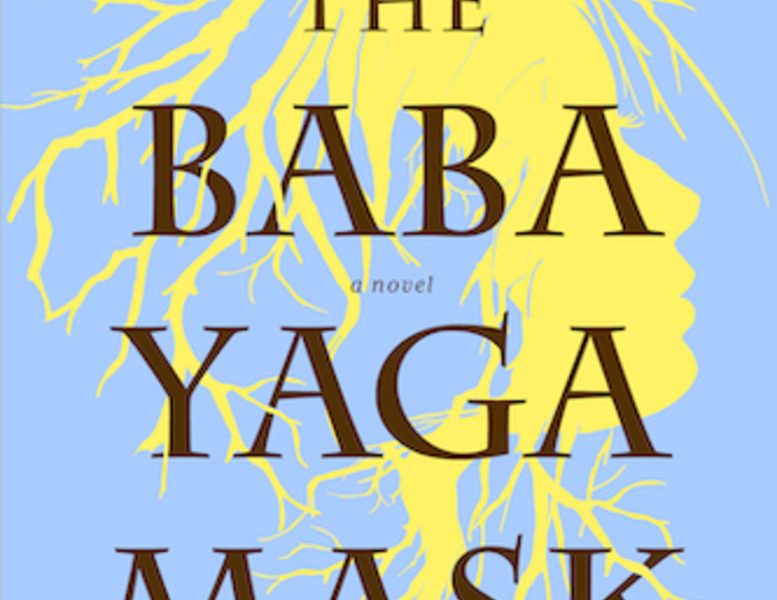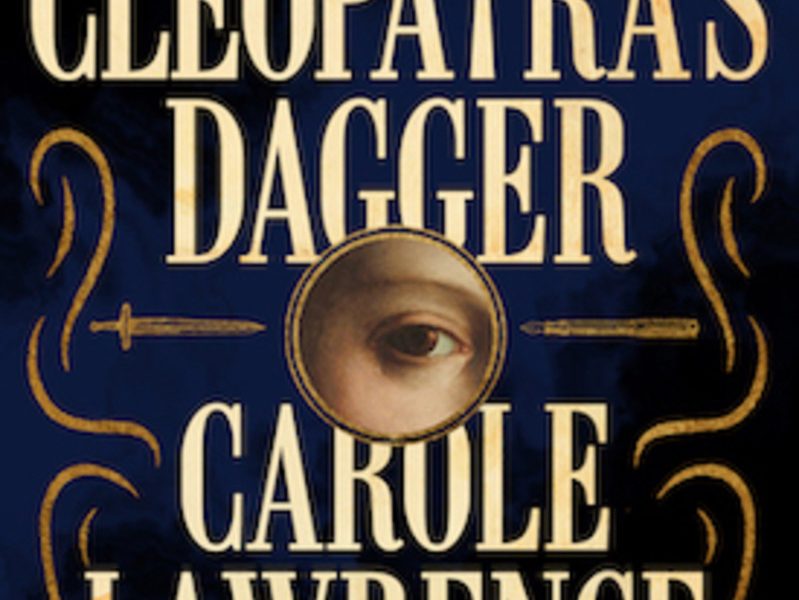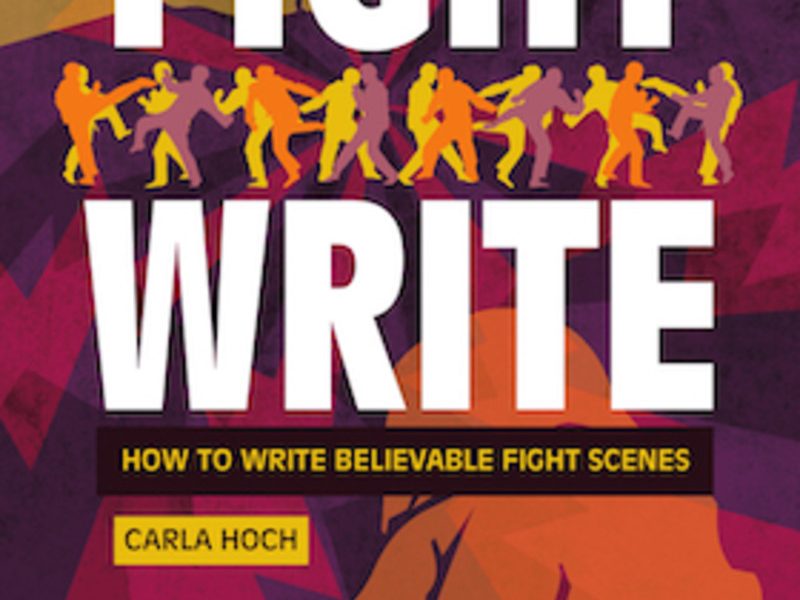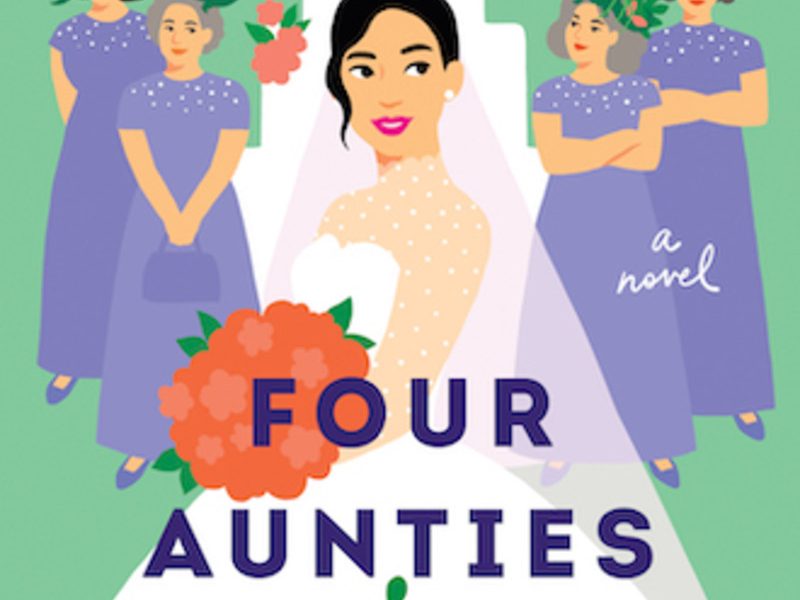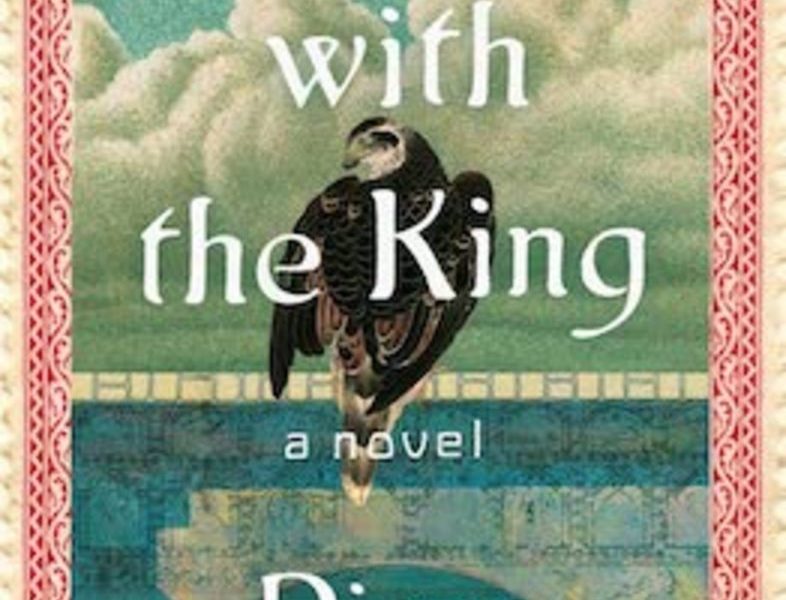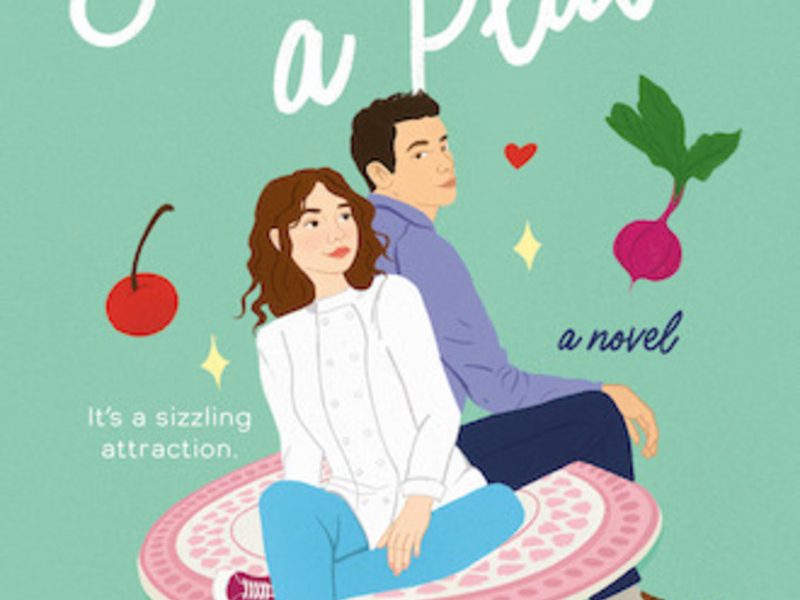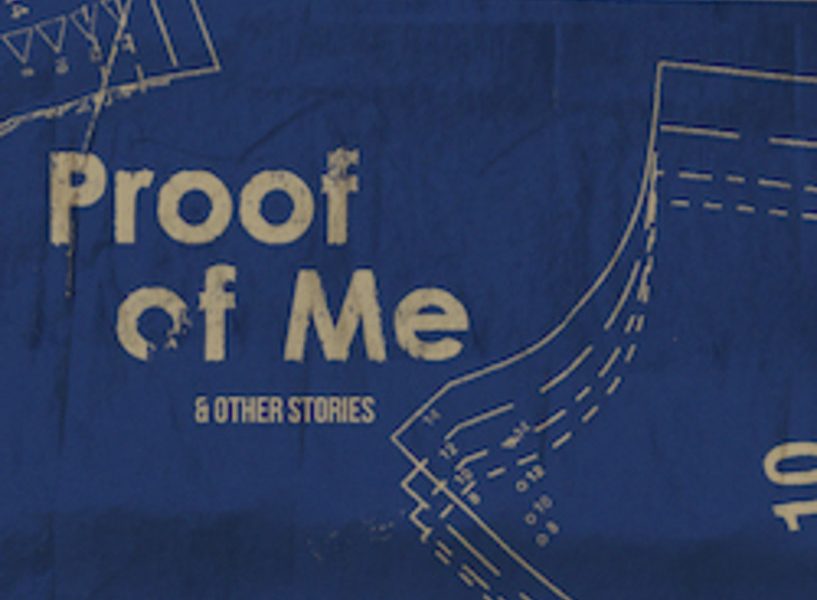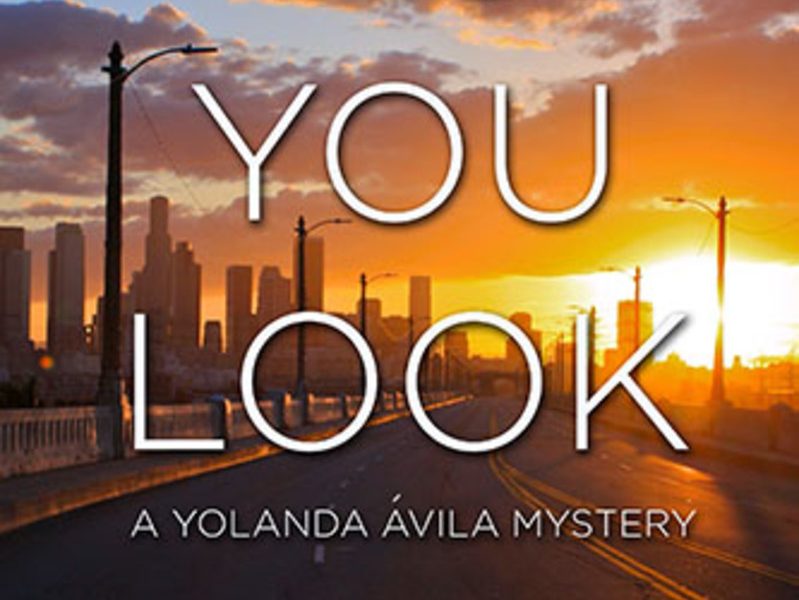Writing Techniques / 28 posts found
The Moral Universe: The Importance of Morals in Storytelling
When I was a performer with the improvisational comedy group The First Amendment, we used to do an improv form called One Word Story, in which we told an improvised story one word at a time—that is, each cast member only got to say one word at a time. The stories could (and did) go horribly wrong, and often were very silly—but we could always pull it out in the end by saying, “The moral of the story is…” and then sum up the proceedings with some equally ridiculous moral (something like, “Always wear your galoshes during safe sex”). (Carole […]
The Why of the Fight: FightWrite™
In this series on how to write fight scenes start to finish, we have looked at what fight scenes can do for your story, how the setting impacts the story and how to find weapons just about everywhere. What I haven’t gone over is truly what I should have written about right out of the gate. The only reason I didn’t is because I thought I had written on this two years ago. But I didn’t and I’m glad because its placement in this series is best. More important than where a fight takes place, what weapons are used or […]
3 Tips on How To Make Murder Funny in Fiction
How do you make murder funny? In fiction, that is. When I first started writing, I wrote mostly twisty, dark thrillers that involved a healthy (or unhealthy, depending how you look at it) body count. I had a lot of fun writing these thrillers, and I think that was part of the problem, because my critique partners came back with the same feedback over and over again. “Your characters are way too flippant about something as serious as murder,” they told me. (On Mining Humor From Family Dynamics in Your Writing) I tried to make my characters behave in a […]
4 Tips on How To Begin a Novel
You’ve got an idea for a novel, I know you do. Maybe you talk about it all the time, maybe you just silently obsess over it, afraid to spoil the beautiful notion by writing it down. I understand—I’ve done the same thing myself. (Diana Abu-Jaber: On Unearthing Family History) Maybe some ideas are just too pretty to be written. But in a world filled with gatekeepers and critics, I humbly suggest we try not to stand in our own way. Here are some pointers to help you move from dreaming to writing. 1. Mise En Place Cooks know there’s something […]
How (And Why) To Write About Food in Fiction
Whoever first said “You are what you eat” probably didn’t mean it as writing advice, but that’s how I take it. What you eat doesn’t just literally keep you alive, it can say so much about who you are, where you’re from, and more. (Amanda Elliot: On Food and Romance in Fiction) In my new book Sadie on a Plate, a romantic comedy following a young chef on a Top Chef-like cooking show, I made spreadsheets to keep track of what every character was cooking for each challenge, because each dish was meant to tell the reader something about the […]
(Almost) Everything I Know About Writing Fiction I Learned From the Newspapers
The former Washington Post publisher Phil Graham once said that journalism is the “first rough draft of history,” and anyone who’s delved into newspaper archives in their local library knows this to be true. But perhaps journalism—and community journalism, in particular—has the potential to be a “first rough draft” of fiction. (4 Tips for Writing About Guilt in Fiction) When someone says “you can’t make this stuff up,” it’s because the strangest stuff is oftentimes true. Where else, but in the May 22, 1990, edition of the Lodi (Ca.) News-Sentinel, can you read about the fate of the Lady Flames […]
4 Tips for Writing About Guilt in Fiction
We’ve all felt it. Many of us have lived with it and some of us can’t live without it: Guilt, the gift that keeps on giving. But can it give us a good story? It can—if it forms the basis of a character’s actions, if it’s authentic, if it isn’t tied up in a pretty bow, and if it has consequences. (How To Bring Humor To Tough Topics) Tip #1: Make guilt the basis of a character’s actions. In her book, Story Genius, Lisa Cron examines the psychology of what pulls us into a story. One of these elements is […]
How To Bring Humor To Tough Topics
In the real world, laughter is powerful—it can lift moods, lower stress, break the tension … it’s even contagious. When added to a serious story, it is capable of providing balance or emphasis to difficult moments, revealing something about the characters, and adding dimension and authenticity to the stories we tell. But comedy also must be handled with care to make sure that it is complementing the events instead of taking away from them. (Libby Hubscher: On Revision Shifting Genre) Both of my books, Meet Me in Paradise and If You Ask Me, deal with heavy themes … but they […]
Writing Mistakes Writers Make: Starting at the Beginning
Everyone makes mistakes—even writers—but that’s OK because each mistake is a great learning opportunity. The Writer’s Digest team has witnessed many mistakes over the years, so we started this series to help identify them early in the process. Note: The mistakes in this series aren’t focused on grammar rules, though we offer help in that area as well. (Grammar rules for writers.) Rather, we’re looking at bigger picture mistakes and mishaps, including the error of using too much exposition, hiding your pitch, or chasing trends. This week’s writing mistake writers make is starting at the beginning. Writing Mistakes Writers Make: […]

